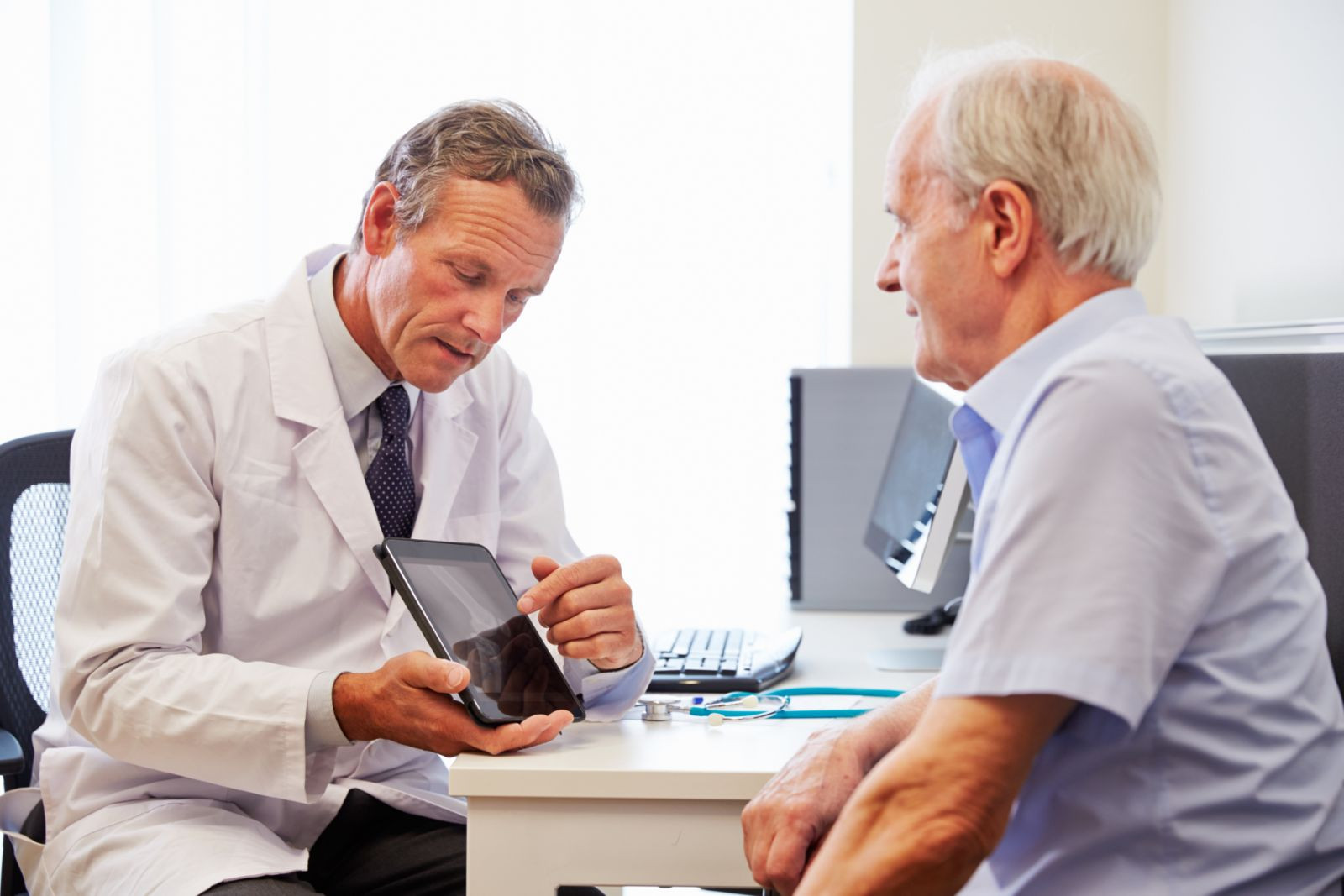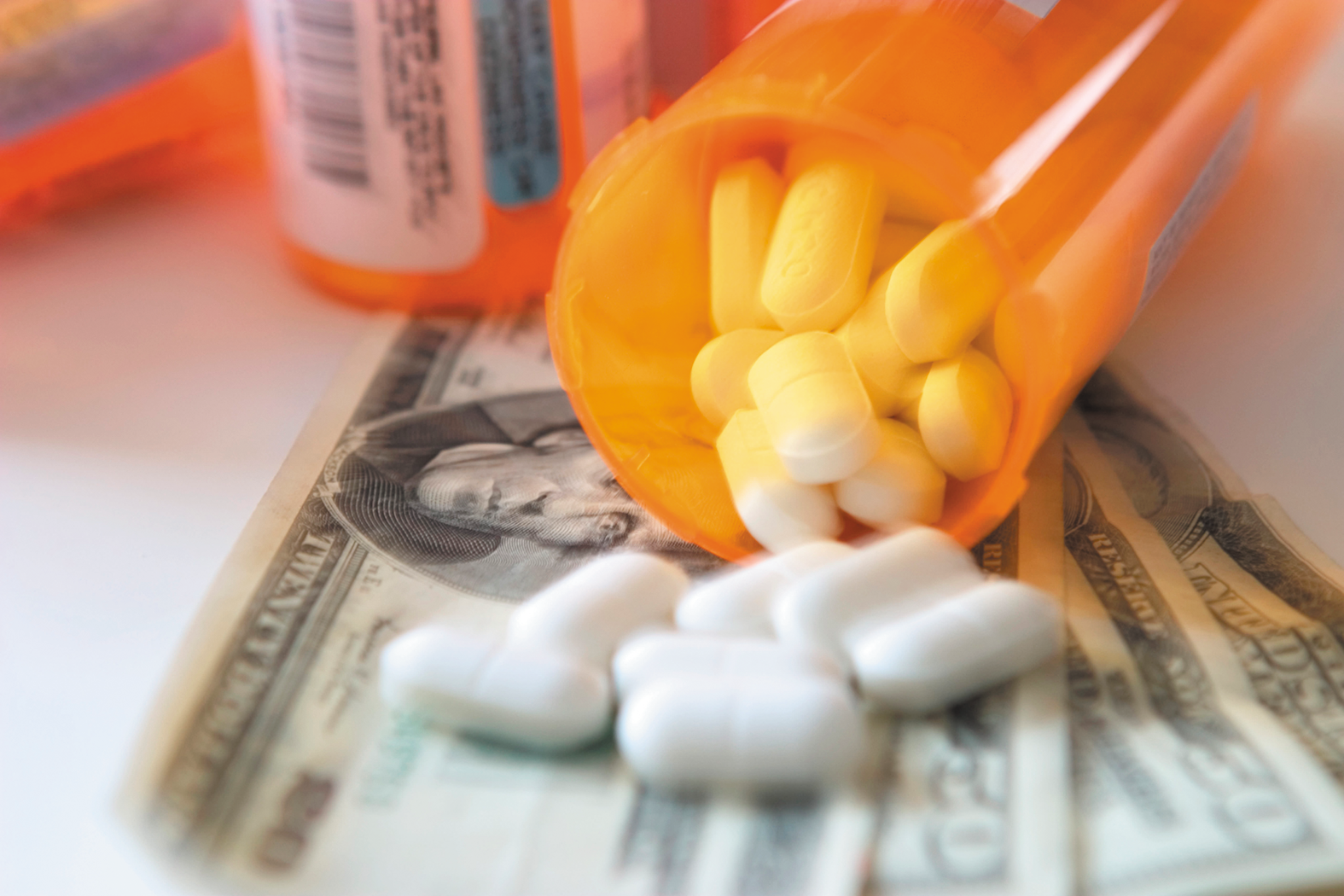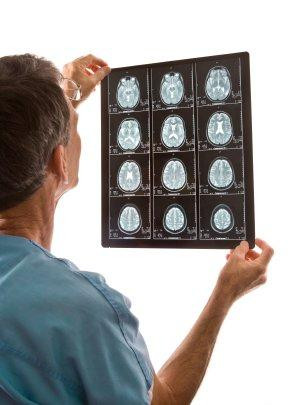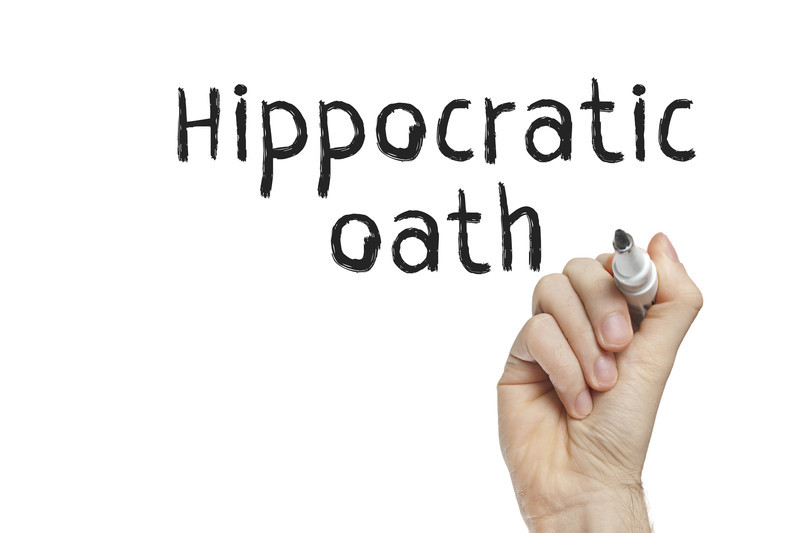
How — and why — to fit more fiber and fermented food into your meals

UTI in older women: Why postmenopausal women are susceptible to urinary tract infection, and what to do about it

Can a routine vaccine prevent dementia?

Some adults may need a measles booster shot. Who should get one and why?

Less butter, more plant oils, longer life?

Healthier planet, healthier people

Counting steps is good — is combining steps and heart rate better?

Appendix pain: Could it be appendicitis?

Can saw palmetto treat an enlarged prostate?

How does Ozempic work? Understanding GLP-1s for diabetes, weight loss, and beyond
Healthcare Archive
Articles
Do you need a cardiologist?
Your primary care provider should help you control risks for heart disease and refer you to a cardiologist if needed.
Any primary care provider you see—a doctor, nurse practitioner, or physician's assistant—should offer detailed advice on how to lessen your odds of cardiovascular disease, which is responsible for one in three deaths in the United States. However, some people need more specialized care for their hearts.
"I see or hear from a lot of people who have very common problems, like high cholesterol and high blood pressure, who think they need to see a cardiologist," says Dr. Patrick O'Gara, a cardiologist at Harvard-affiliated Brigham and Women's Hospital. For many people, a primary care physician can effectively manage those problems. But if you have specific concerns, talk to your doctor about whether more specialized care might be beneficial, says Dr. O'Gara.
Should you use a retail health clinic?
They're convenient and affordable, but they don't replace a relationship with a primary care physician.
Walk into a drugstore, supermarket, or "big box" store these days, and you'll find more than prescriptions, food, and household goods. Many now feature health clinics. They're part of the big trend of making health care more convenient. "Twenty years ago you had to go to an emergency department if you got sick and needed immediate care. Now we have an explosion of options, such as retail health clinics," says Dr. Ateev Mehrotra, a researcher on the topic and an associate professor of health care policy at Harvard Medical School.
The clinics
Retail health clinics began showing up about 15 years ago. Today, there are about 2,000 clinics across the United States, mostly in large retail chain settings. A typical clinic is open from 7 a.m. to 7 p.m., seven days a week, and is staffed by a nurse practitioner or a physician assistant. Clinics offer all kinds of health services—everything from treating minor illness like a cold, pinkeye, or a urinary tract infection to providing physicals, health screenings, lab work, smoking cessation help, and vaccinations.
How music can help you heal
Music therapy can calm anxiety, ease pain, and provide a pleasant diversion during chemotherapy or a hospital stay.
It's almost impossible to find someone who doesn't feel a strong connection to music. Even if you can't carry a tune or play an instrument, you can probably reel off a list of songs that evoke happy memories and raise your spirits. Surgeons have long played their favorite music to relieve stress in the operating room, and extending music to patients has been linked to improved surgical outcomes. In the past few decades, music therapy has played an increasing role in all facets of healing.
What is music therapy?
Music therapy is a burgeoning field. People who become certified music therapists are usually accomplished musicians who have deep knowledge of how music can evoke emotional responses to relax or stimulate people or help them heal. They combine this knowledge with their familiarity with a wide variety of musical styles to find the specific kind that can get you through a challenging physical rehab session or guide you into meditation. And they can find that music in your favorite genre, be it electropop or grand opera.
Do you want a house call—from your insurance plan?
Medicare Advantage plans are offering home visits to healthy people who have their own doctors. Their purpose isn't clear.
For many of the 17 million people insured by a Medicare Advantage plan, the offer of a home visit may come as a surprise. (Medicare Advantage plans, which cover about a third of Medicare recipients, are offered by private companies approved by Medicare, and Medicare reimburses those companies for part of the care they pay for.) According to the Centers for Medicare & Medicaid Services, home visits are on the increase among people with these plans, and not just among the sick or housebound. Patients who are healthy and mobile are also being offered home visits, and millions have undergone them.
What are home visits?
The home visit—which typically lasts 45 minutes to one hour and includes a physical exam, health history, and lab tests—is conducted by a nurse practitioner or physician under contract to the insurance plan. The results are forwarded to the person's primary care provider for follow-up. The insurers stress that the home visits are not a substitute for an annual physical or recommended screening tests.
Generic or brand-name drugs?
Image: Thinkstock
Ask the doctor
Q. I would like to take generic drugs instead of brand-name drugs whenever possible, because they're cheaper. But are they really as effective?
A. First of all, generic drugs contain the exact same active ingredients as the brand-name versions. Second, in the United States, before approving a generic drug, the FDA must test it to be sure that the manufacturer has produced the same molecule, and that it achieves the same levels in the blood as the brand-name drug. Third, there have been many careful studies comparing generic drugs (once they have been approved) to their brand-name equivalents.
Generics vs. brand-name drugs? Go for generics, doctors' group urges
News Briefs
New guidelines from the American College of Physicians (ACP) urge doctors to prescribe generic medications whenever possible, rather than more expensive brand-name medications. The guidelines were published online Nov. 24, 2015, in Annals of Internal Medicine. An ACP committee, led by Harvard Medical School's Dr. Niteesh Choudhry, analyzed more than 2,500 studies and found that brand-name prescription medications are more likely to be prescribed, but not filled. The committee also observed that people do a better job of sticking to a medication regimen if they take generics, since the drugs are cheaper and people are more likely to get prescriptions filled. (If you're more likely to take a medication, you're more likely to get better.) Do generics work just as well? The committee found that the vast majority of the evidence showed generic drugs are as effective as brand-name medications when it comes to health outcomes. If your doctor prescribes a brand-name medication, ask if there's a generic that will do the same job and save you money.
Where to get health care in a hurry
Image: Thinkstock
The best place to get the services you need on short notice depends on the problem you have.
Not long ago, your only alternative to visiting a doctor's office was an urgent care clinic or hospital emergency room. But there are some new options. These include walk-in clinics at drugstores and big-box retailers like Walmart and Target, and online "e-visits" that some health care providers now offer.

How — and why — to fit more fiber and fermented food into your meals

UTI in older women: Why postmenopausal women are susceptible to urinary tract infection, and what to do about it

Can a routine vaccine prevent dementia?

Some adults may need a measles booster shot. Who should get one and why?

Less butter, more plant oils, longer life?

Healthier planet, healthier people

Counting steps is good — is combining steps and heart rate better?

Appendix pain: Could it be appendicitis?

Can saw palmetto treat an enlarged prostate?

How does Ozempic work? Understanding GLP-1s for diabetes, weight loss, and beyond
Free Healthbeat Signup
Get the latest in health news delivered to your inbox!
Sign Up











